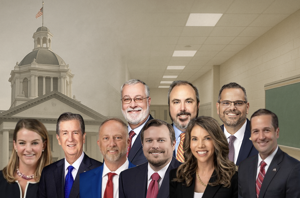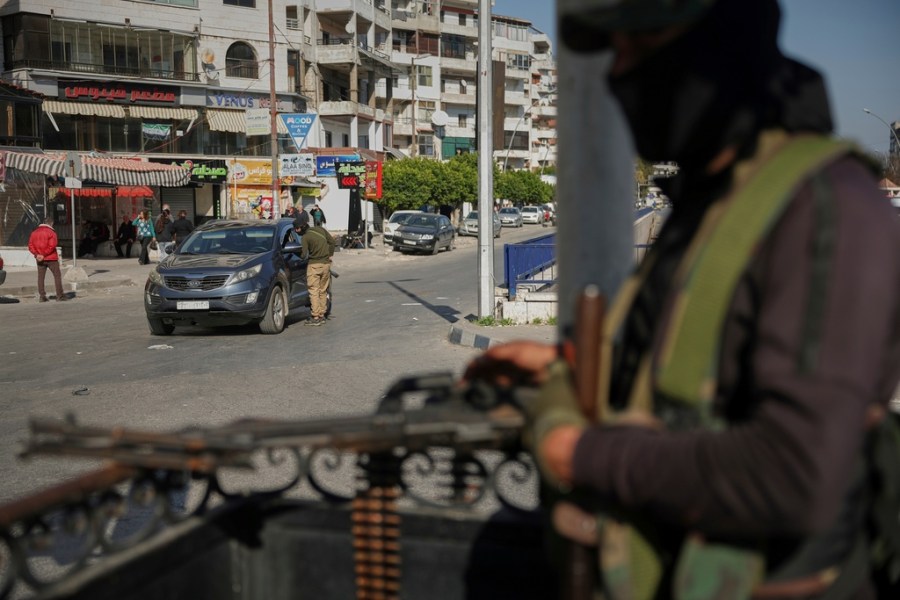Suncoast Lawmakers Silent Amid Charter School Controversy

The recent expansion of charter schools in the Suncoast region has sparked confusion and concern among local communities. This follows a decision made by Suncoast lawmakers earlier this year, allowing charter schools to occupy underused public campuses. Despite the growing unrest, many of these lawmakers have remained largely silent as a Miami-based charter operator begins its efforts to establish a presence in the area.
The legislation passed in March 2023 aimed to address the needs of under-enrolled public schools by inviting charter schools to utilize available facilities. The intention was to enhance educational options for students while making better use of existing resources. However, this initiative has quickly led to backlash from parents, educators, and local advocacy groups who fear the implications of such changes.
Residents are particularly concerned about the potential impact on local public schools, which have already been struggling with funding and enrollment challenges. Local parent-teacher associations (PTAs) have voiced their discontent, expressing worries that the influx of charter schools could divert essential resources away from existing institutions. The Florida Department of Education has reported that nearly 50 charter schools could potentially open in the region, adding to the anxiety among parents and teachers alike.
Many community members feel that their voices are not being heard. As the Miami-based operator pushes forward with plans to occupy local schools, there is a growing demand for transparency and dialogue from elected officials. Critics argue that the lack of communication from Suncoast lawmakers has exacerbated the situation, leaving constituents in the dark about the potential changes to their educational landscape.
Lawmakers, who previously championed the charter school initiative, now face scrutiny for their silence on the matter. Some constituents are questioning their commitment to public education and the needs of their communities. While these officials may have intended to create new opportunities, the current unrest suggests that the implementation of charter schools may not be as straightforward as initially anticipated.
Local education advocates are calling for a reassessment of the charter school expansion. They argue that a collaborative approach involving all stakeholders—including parents, teachers, and lawmakers—would be more beneficial. By fostering open discussions, the community may find a way to balance the interests of charter schools with the needs of public education.
As the situation evolves, it remains to be seen how Suncoast lawmakers will respond to the mounting pressure from their constituents. The community’s future educational framework hangs in the balance, and many are eager for their representatives to take a more active role in this significant issue.






